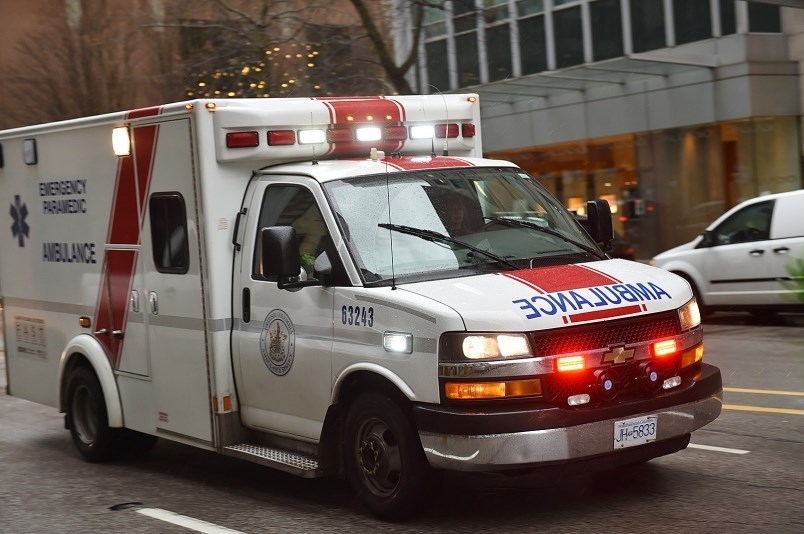Coquitlam has registered eight overdose deaths so far in 2020, according to a recently released BC Coroners report.
That puts the city among the top 14 municipalities in the province in illicit drug toxicity deaths between January and May of this year. By comparison, 11 deaths were recorded in the whole of 2019, and in 2017, Coquitlam’s most deadly year on record was in 2017, 30 deaths due to overdose were registered.
Across the province, the sobering report paints a grim trend this year as overdose deaths have slowly ticked up from 77 in January to 170 in May, the highest ever monthly overdose death toll on record and a 93% increase compared to last May. To date, 554 people have died of an overdose this year in B.C.
In an interview with the Canadian Press this week, chief coroner Lisa Lapointe said the federal government should take bold action on the overdose epidemic as it has done with COVID-19.
“You can’t help but draw the parallel that far more lives have been lost to substance use than to the pandemic,” said Lapointe.
Most of those overdose deaths (85%) were found to happen inside such as someone’s home, social housing unit, SRO or shelter. However, no one was found to have died of an overdose in one of the provinces supervised consumption or drug overdose prevention sites.
Provincial health officer Dr. Bonnie Henry said dealing with both the COVID-19 pandemic and an overdose crisis at the same time has overwhelmed the province’s resources, and renewed her call for decriminalization of people who possess small amounts of drugs for their personal use.
“I believe we have ways within B.C. that we can have de facto decriminalization and some of those we see already in place where people don’t face criminal charges, they may face administrative issues,” she said.
“They may actually get the support that they need to understand the issues that led them to use drugs in the first place.”
There have been nearly 4,500 overdose deaths in B.C. since the province declared a public health emergency. Illicit-drug-toxicity death rates in B.C. are the highest for any jurisdiction in Canada, and every region in B.C. has been affected.
The overdose crisis is one the cuts across nearly all demographics, according to the report. Still, of the 554 people who died of an overdose between January and May this year, 70% were between 19 and 49-years-old, and just under 80% were male.
Illicit fentanyl was detected in about 71% of overdose deaths recorded between January and May. And post-mortem toxicology results suggest a more than doubling in extreme fentanyl concentrations in April and May (19%) this year compared to January 2019 through March 2020 (9%).
But while fentanyl was found present in 83% of overdose cases, cocaine (50%), methamphetamine or amphetamine (34%) and heroin (15%) also played a significant role.
That’s a massive shift from only eight years ago. Since 2012, fentanyl has gone from being found in 5% of overdose deaths to 90% in 2019, whereas methamphetamine spiked from 14% to 37% over that same time period. Meanwhile, the presence of cocaine and heroin overdose deaths have steadily gone down.
“There has been a dramatic increase in the toxicity of the street drug supply here in British Columbia,” said Henry on Thursday. “It is around the province. We are not only seeing people die in the Downtown Eastside. This is the case across B.C.”
— with files from Camille Bains/Canadian Press and Louise Dickson/Times Colonist



